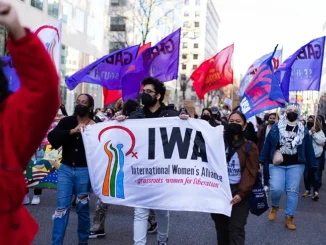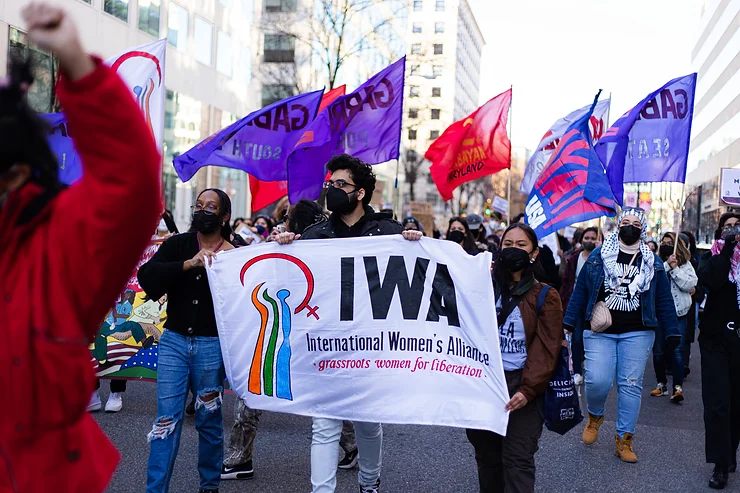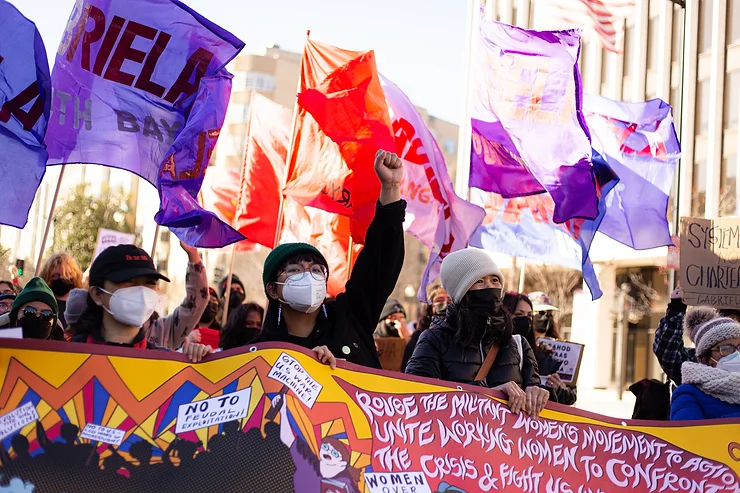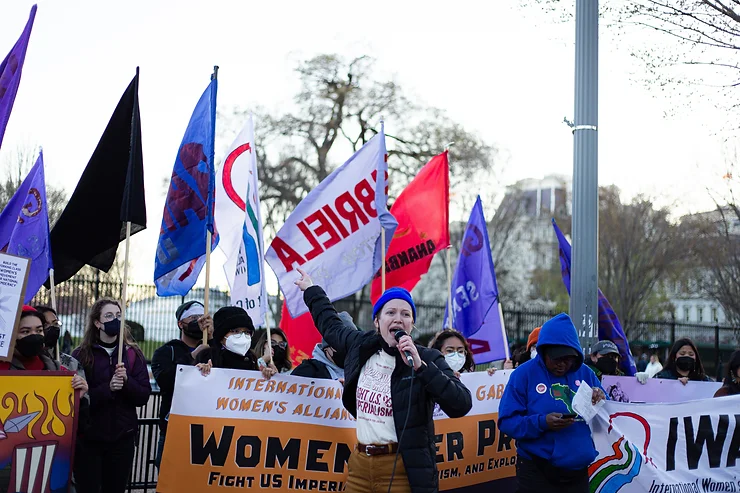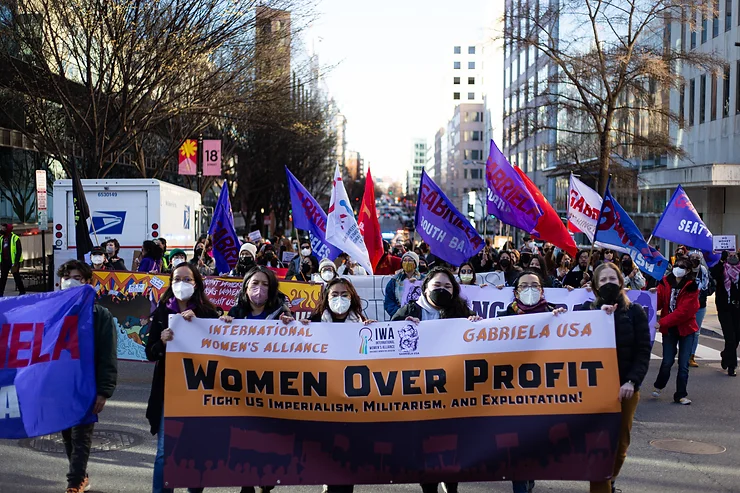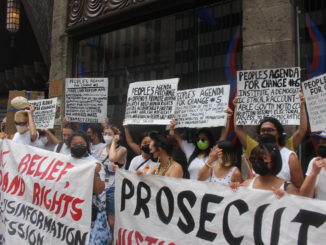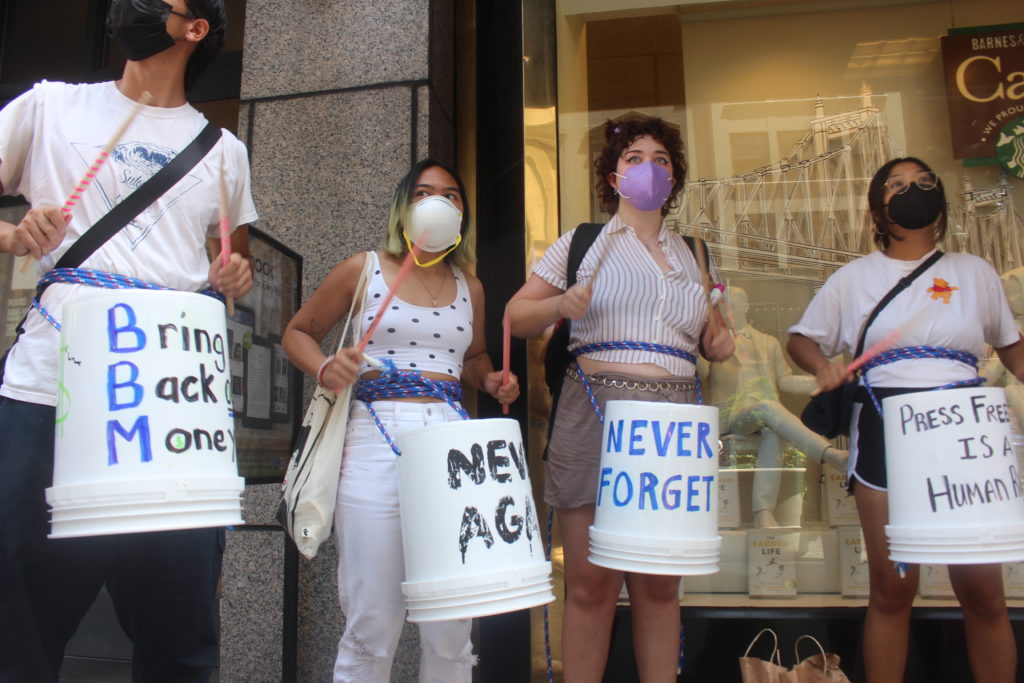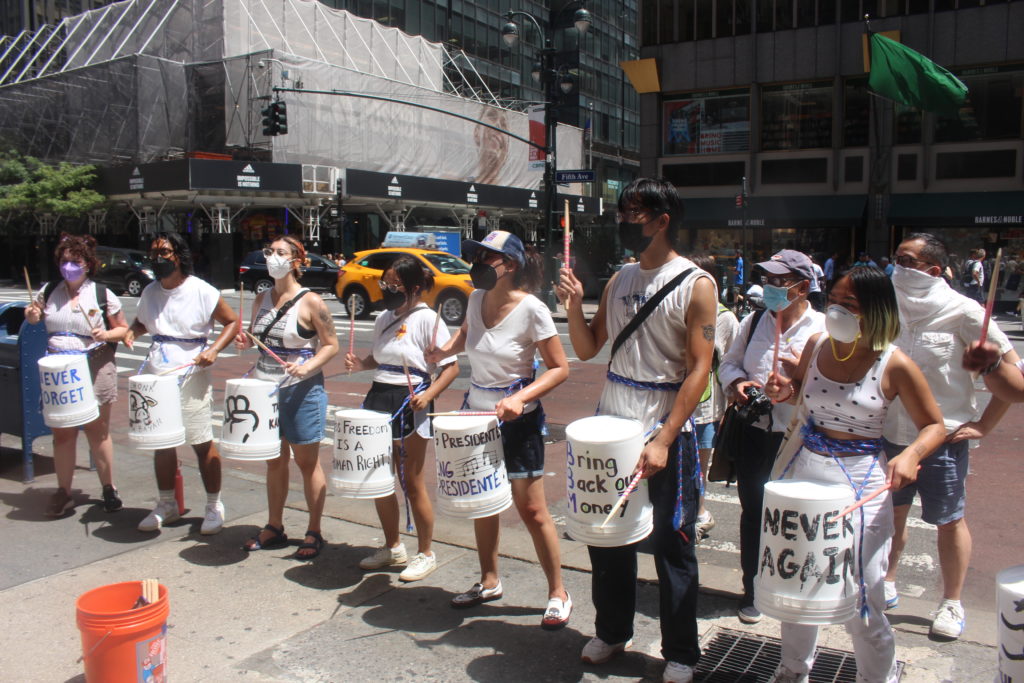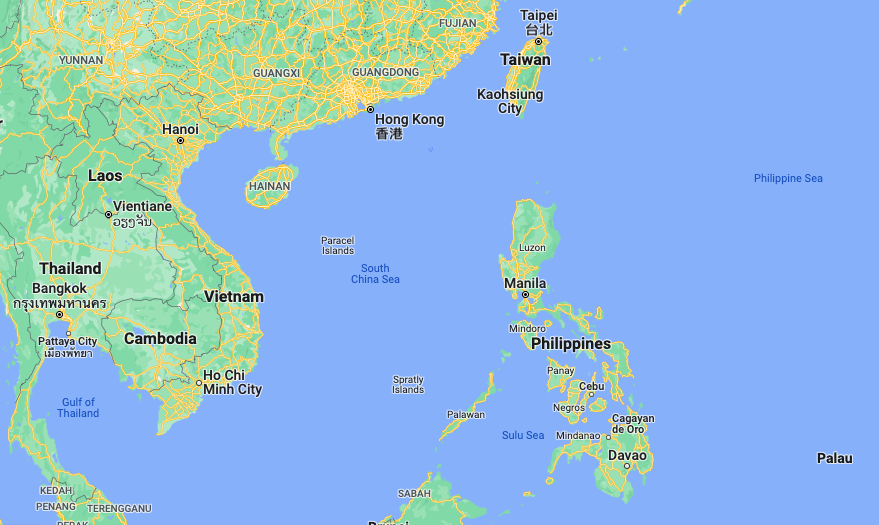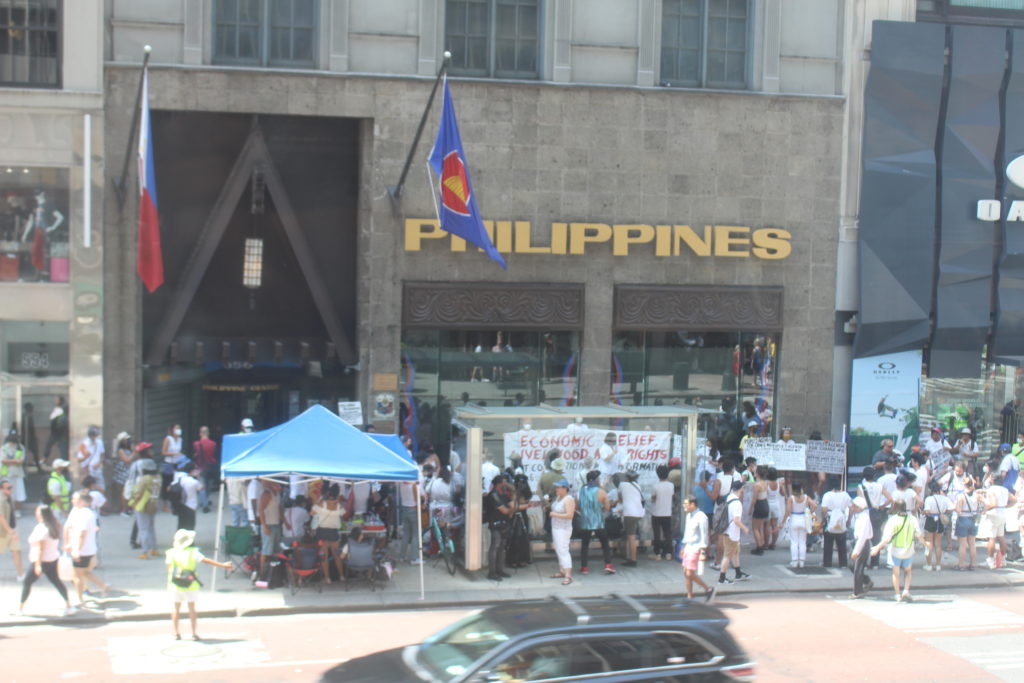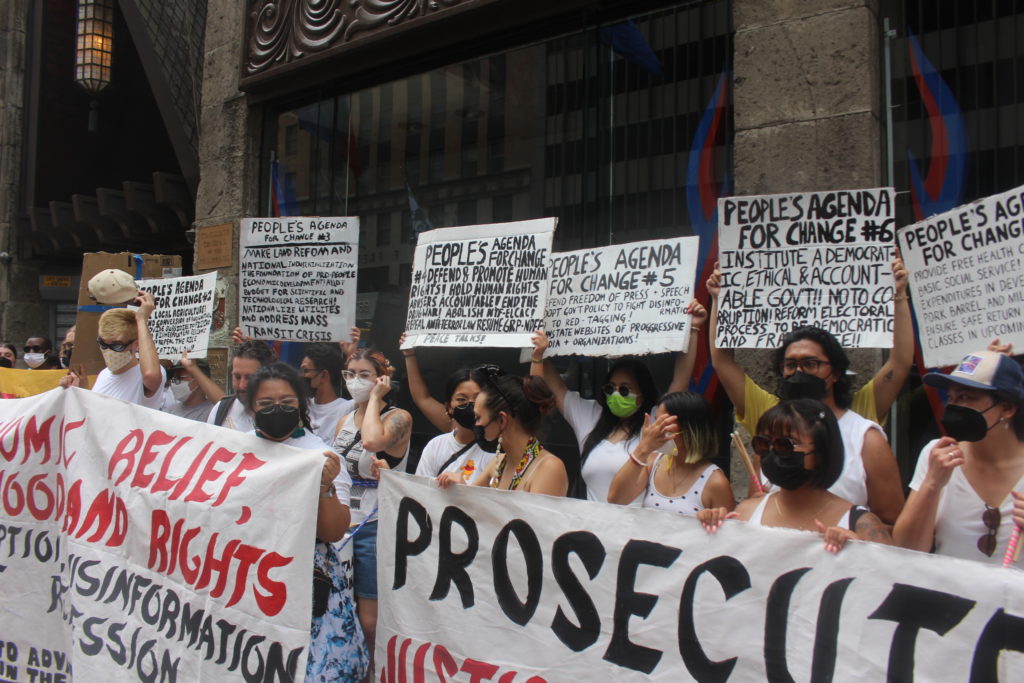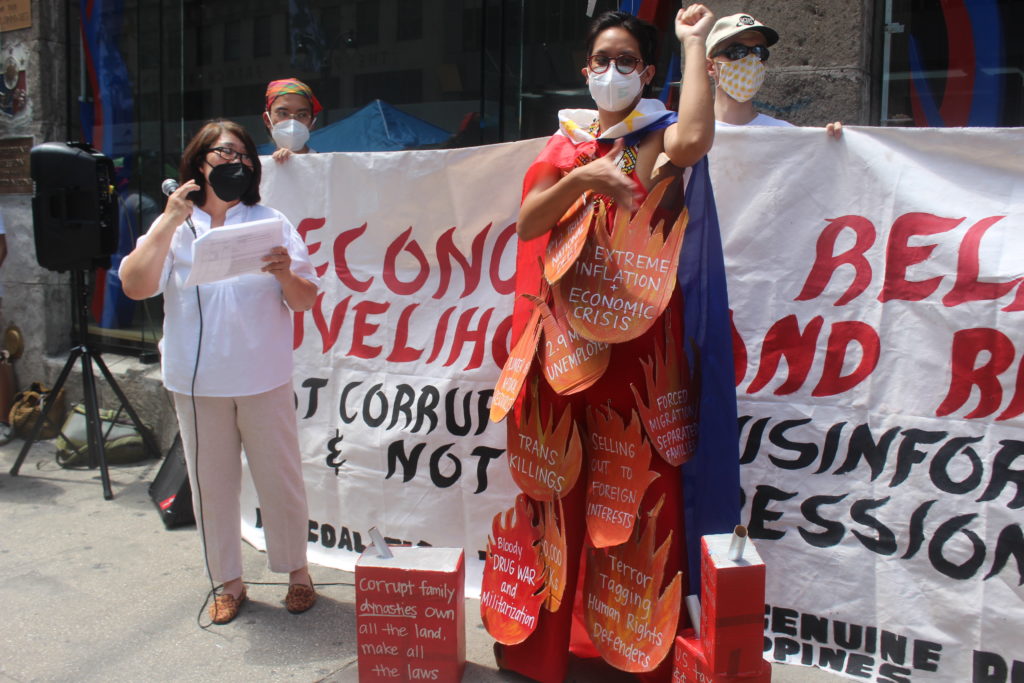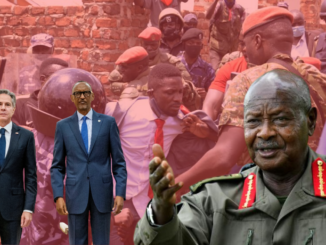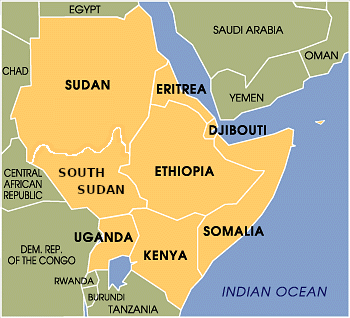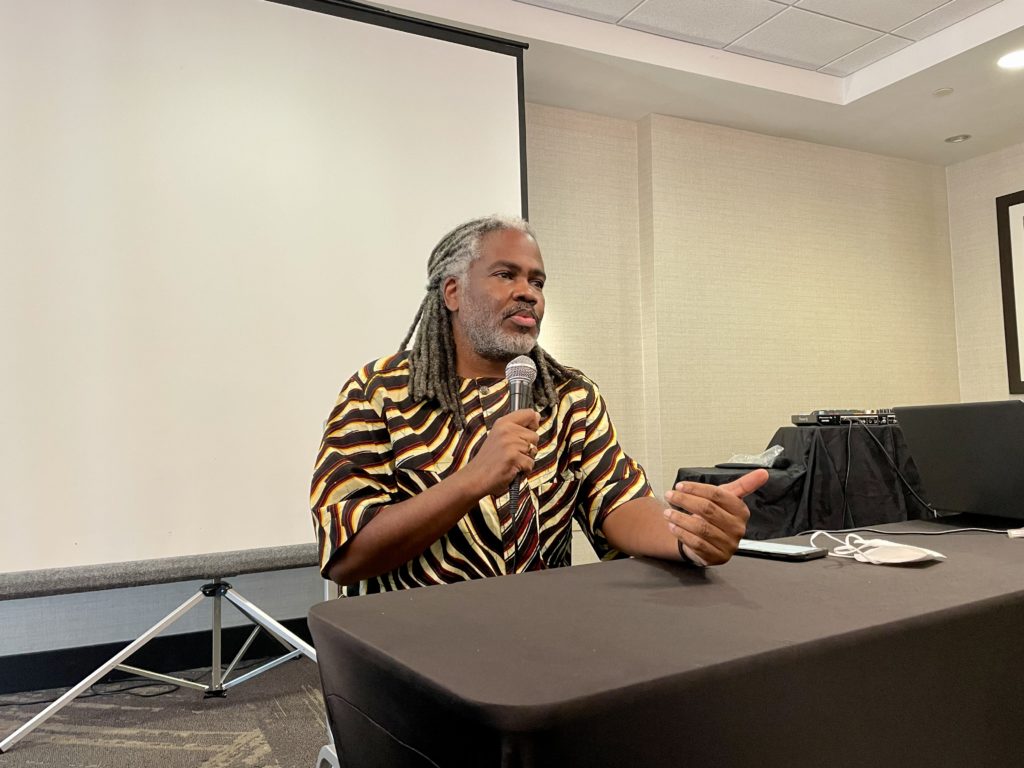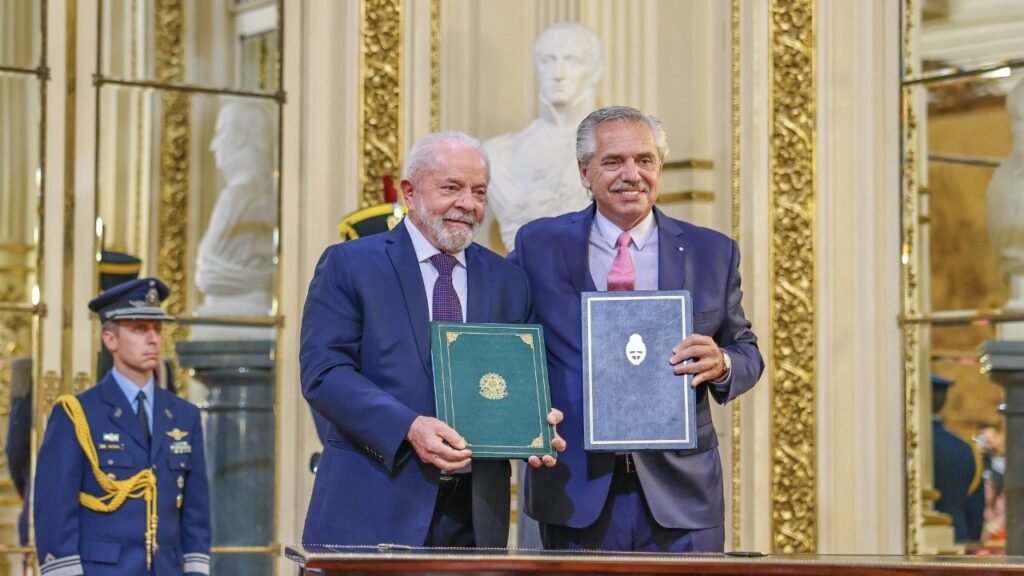
Editor’s Note: The following dispatches are a service of Peoples Dispatch / Globetrotter News Service.
Argentina and Brazil Rejoin UNASUR
The governments of Argentine President Alberto Fernández and Brazilian President Luiz Inácio Lula da Silva have officially rejoined the Union of South American Nations (UNASUR), a regional integration organization founded in May 2008.
Between 2018 and 2020, Argentina, Brazil, Chile, Colombia, Ecuador, Paraguay, Peru, and Uruguay, under the leadership of conservative heads of state, withdrew from UNASUR due to their alignment with U.S. interests.
In November 2019, following the coup against democratically elected president Evo Morales, the de facto government led by Jeanine Áñez withdrew Bolivia from UNASUR. In November 2020, after the election of President Luis Arce, the country rejoined the regional body.
In August 2021, the government of former Peruvian President Pedro Castillo also announced his country’s reincorporation into the bloc. However, following his ouster and arrest in December 2022, Castillo’s successor Dina Boluarte suspended Peru’s membership.
On April 5, Argentine foreign minister Santiago Cafiero announced the country’s official return to the body after four years of absence. Likewise, on Thursday, April 6, President Lula signed a decree making official Brazil’s return to UNASUR, also after four years.
The measure marked a step in Lula’s drive to reposition the country’s politics after the four years of conservative former president Jair Bolsonaro, who withdrew Brazil from the bloc in April 2019.
Brazil’s decision came a day after the member states of the Alliance of Latin American and Caribbean Countries against Inflation (APALCI), including Brazil and Argentina, agreed to join efforts to face the inflation crisis and strengthen regional integration and trade.
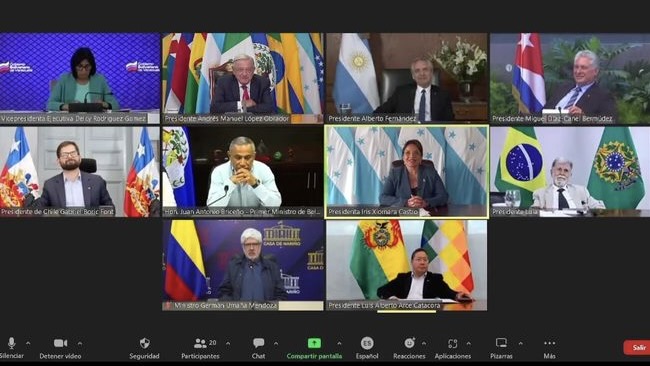
Latin American and Caribbean Governments Agree to Join Forces Against Inflation
On April 5, the leaders of 11 Latin American and Caribbean countries took part in a virtual summit against inflation called by Mexican President Andrés Manuel López Obrador (AMLO). The summit sought to form an alliance to jointly face the inflation crisis affecting the region.
In addition to President AMLO of Mexico, the countries represented were Argentina, Bolivia, Brazil, Chile, Cuba, Honduras, Venezuela, Belize, Colombia, and Saint Vincent and the Grenadines.
During the meeting, political leaders discussed joint solutions to face high food prices and shortages in the region, as well as to strengthen regional integration and trade. They expressed their will to unite efforts to guarantee economic growth and development that promote inclusion, equity, and sustainability of food and nutrition security for people, and to face inflationary pressures on the basic food basket and essential goods and services. They also committed to strengthening their economies and productive sectors through inclusion, solidarity, and international cooperation.
In this regard, the leaders signed a joint declaration and agreed on actions to “advance the definition of trade facilities as well as logistical, financial, and other measures that will allow the exchange of basic food basket products and intermediate goods under better conditions, with the priority of lowering the costs of such products for the poorest and most vulnerable population.”
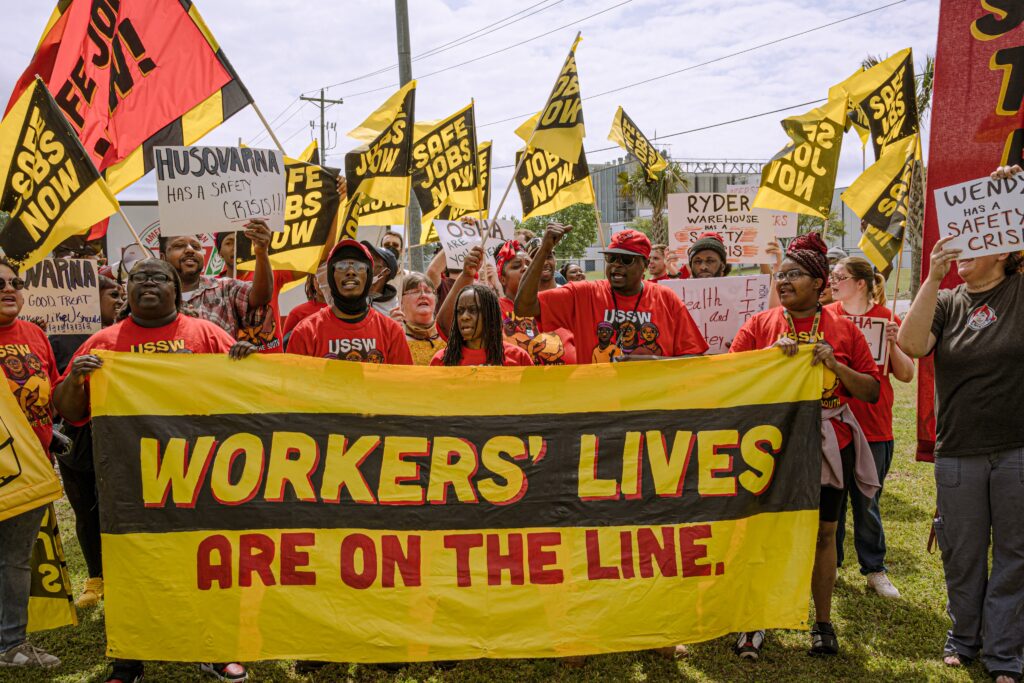
Eighty-Seven Percent of Service Workers in the U.S. South Were Injured on the Job Last Year
A March survey of 347 service workers in the U.S. South found that a shocking 87 percent were injured on the job in the last year. The workers surveyed came from eleven states across the “Black Belt,” or Southern states with historically large Black populations. Workers organized under the Union of Southern Service Workers filed a landmark civil rights complaint against the South Carolina Occupational Safety and Health Administration (SC OSHA), alleging that the agency “discriminates by disproportionately excluding Black workers from the protection of its programmed inspections.”
The survey, conducted by the Strategic Organizing Center, laid bare the shocking reality of the service industry in the U.S. South, composed of principally Black workers. More than half of survey respondents reported observing serious health and safety hazards at work.
The survey data indicates that workers often fear retaliation to avoid enforcing safety rules themselves, something they shouldn’t have to do in the first place. Service workers need OSHA agencies, whose jobs are to step in to enforce safety regulations.
But in South Carolina, their statewide OSHA plan is not doing its job, workers say. As USSW reports in their complaint, “SC OSHA neglects key industries whose workforce is 42% [Black] employees while focusing the vast majority of its programmed inspections on industries made up of only 18% [Black] workers.”
In conjunction with their complaint, USSW workers went on a one-day strike across three states—Georgia, South Carolina, and North Carolina—yesterday to fight the dangerous trend of unsafe service industry workplaces.

